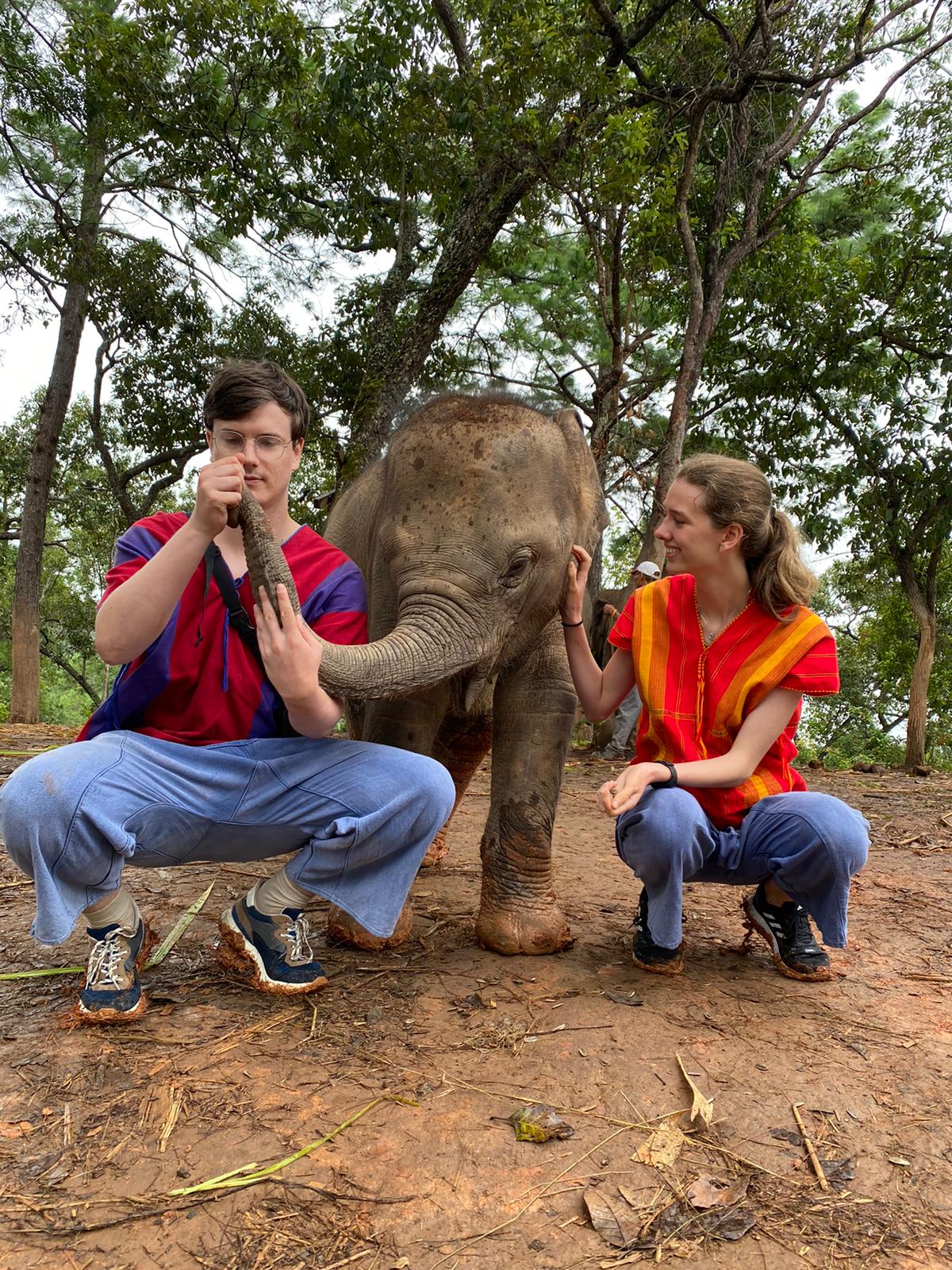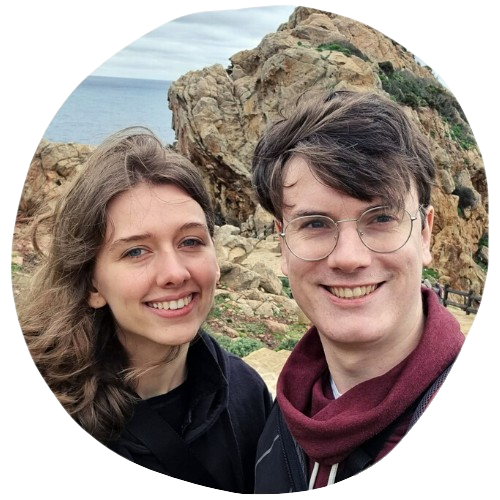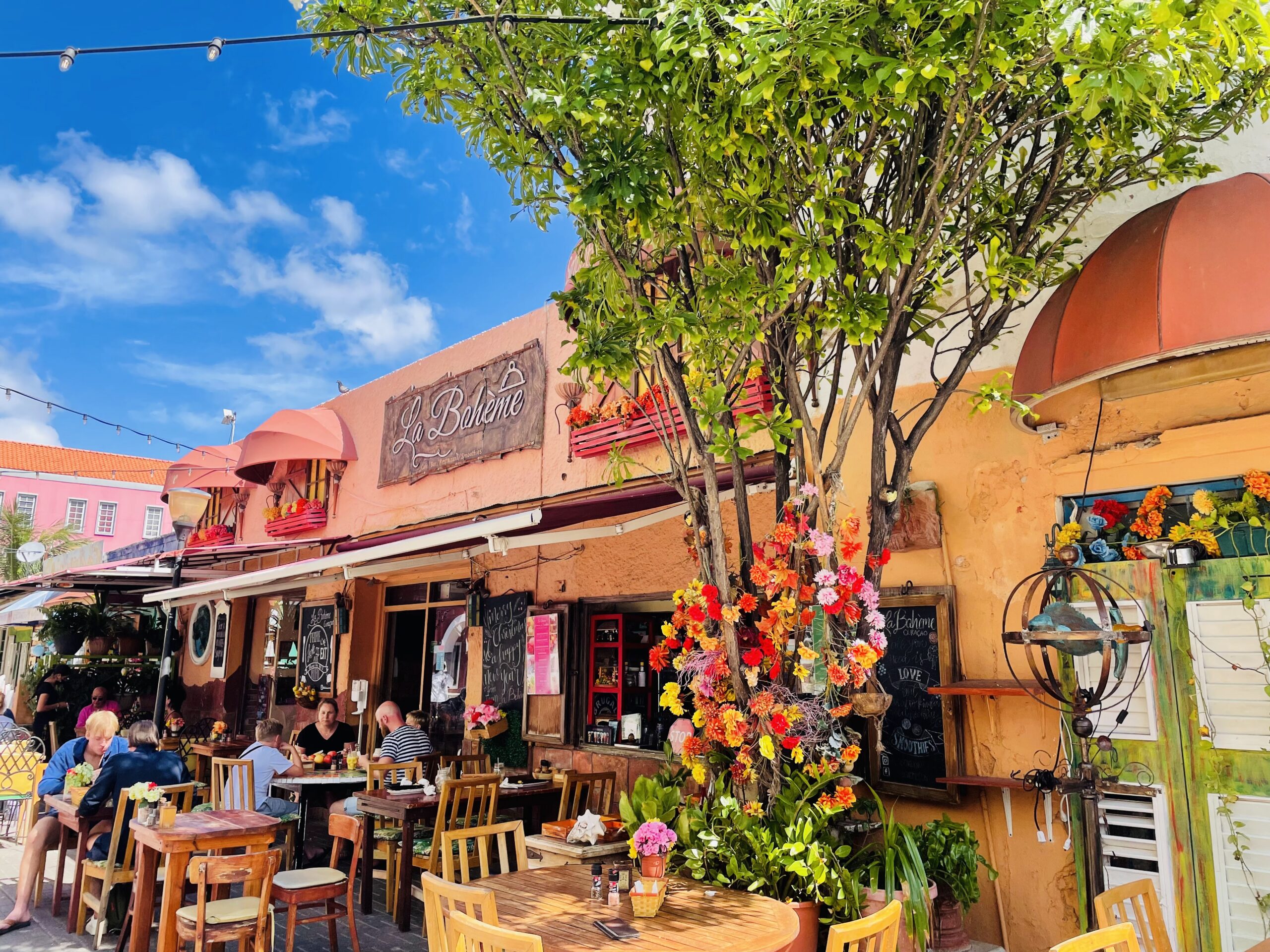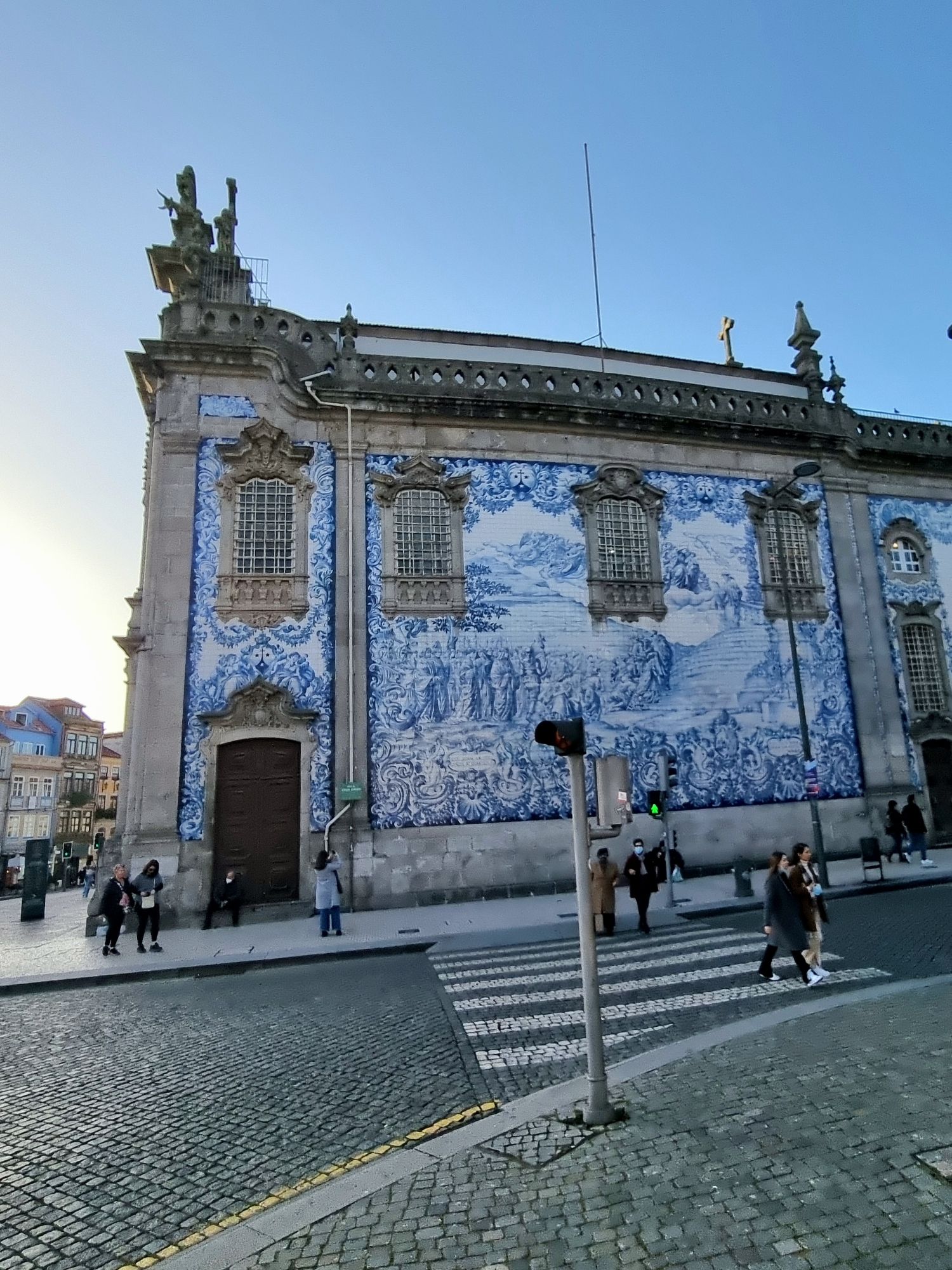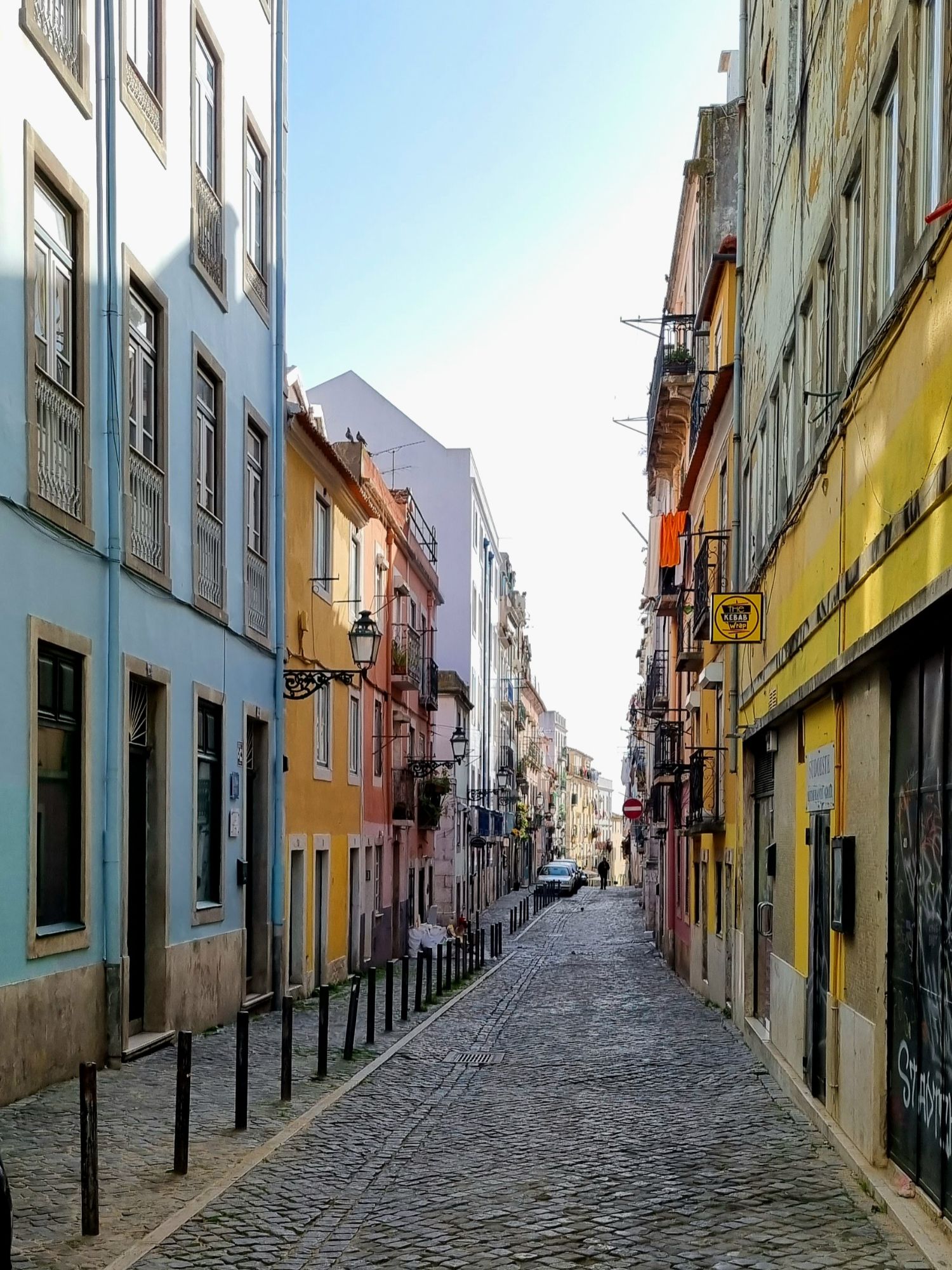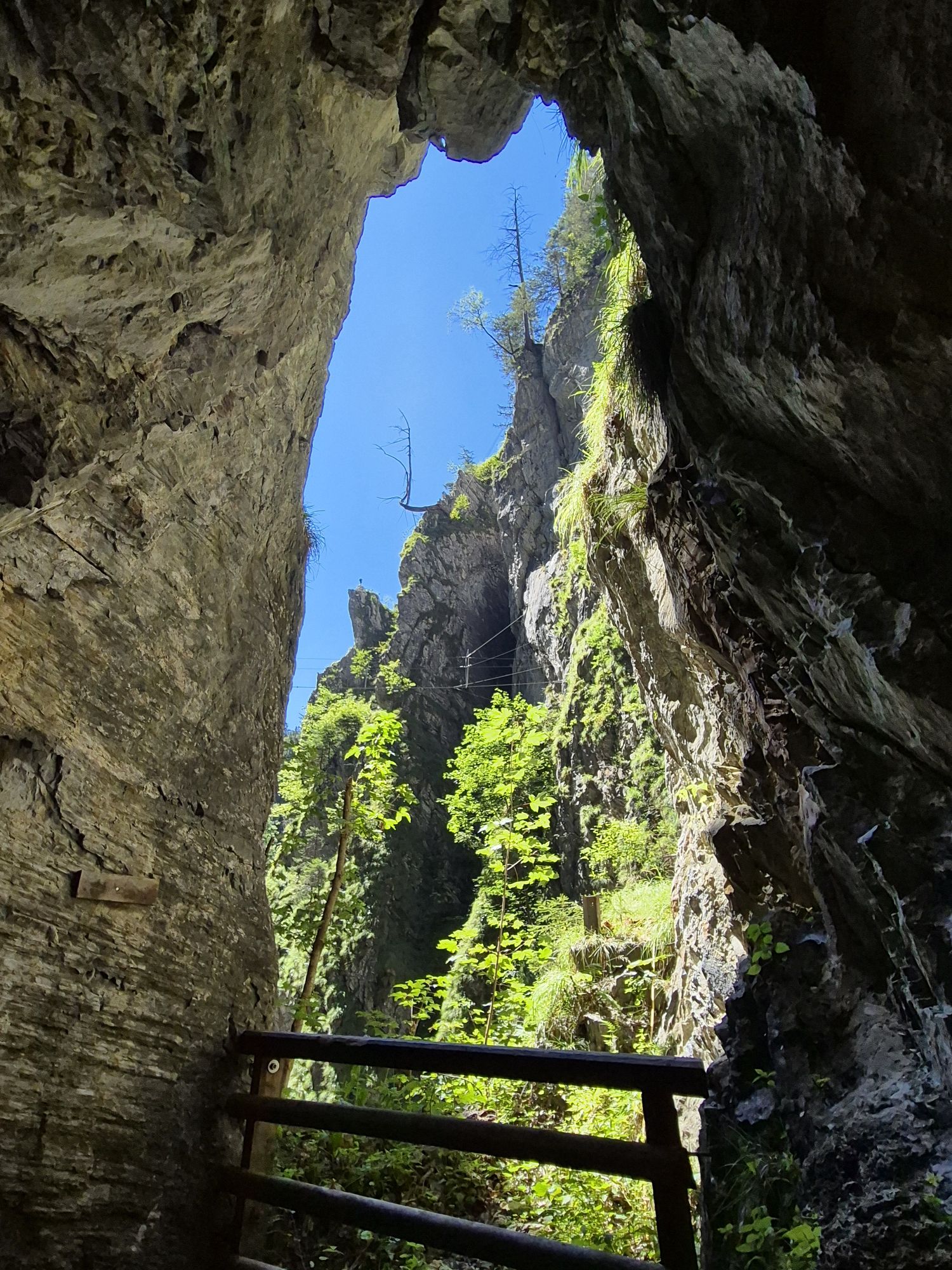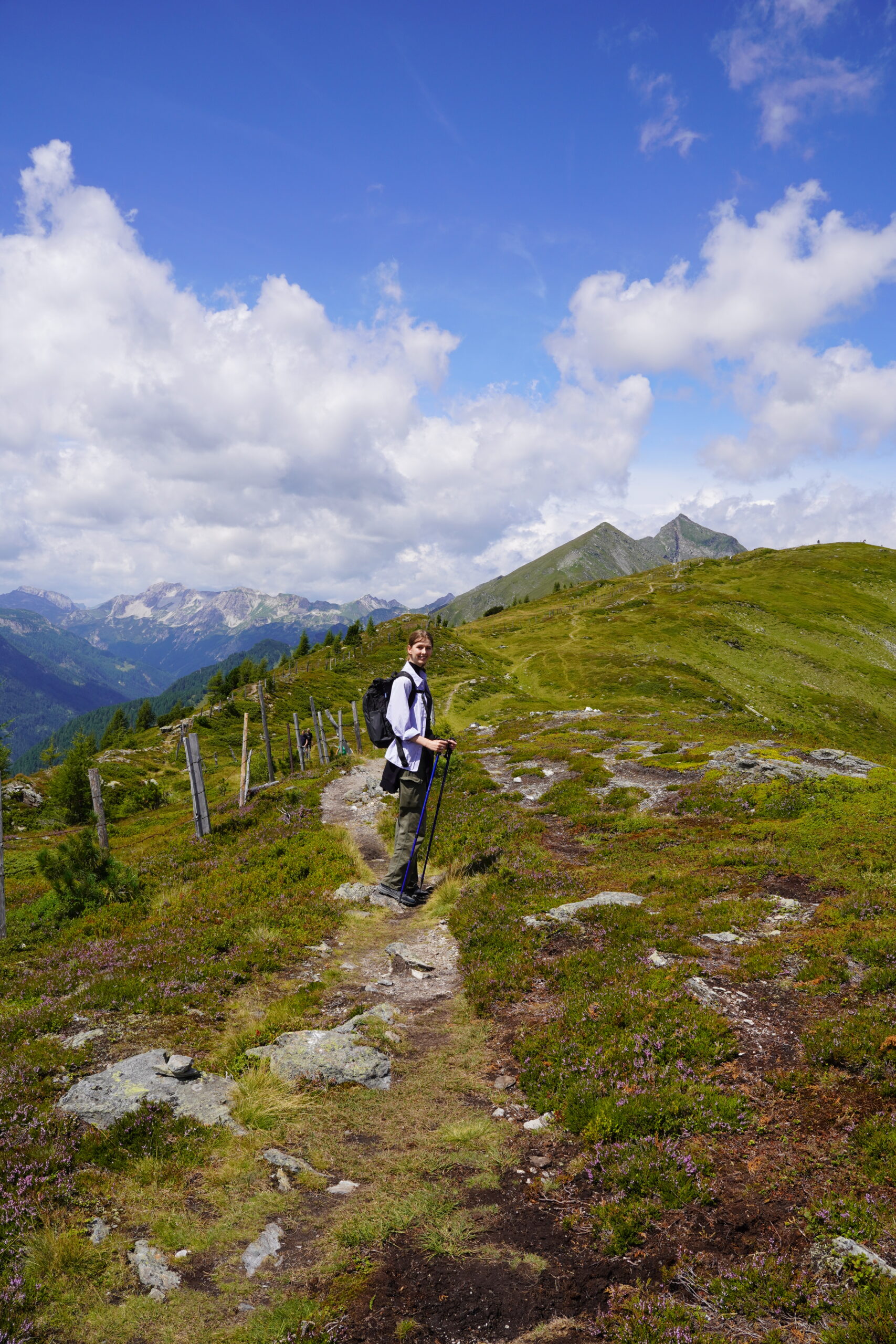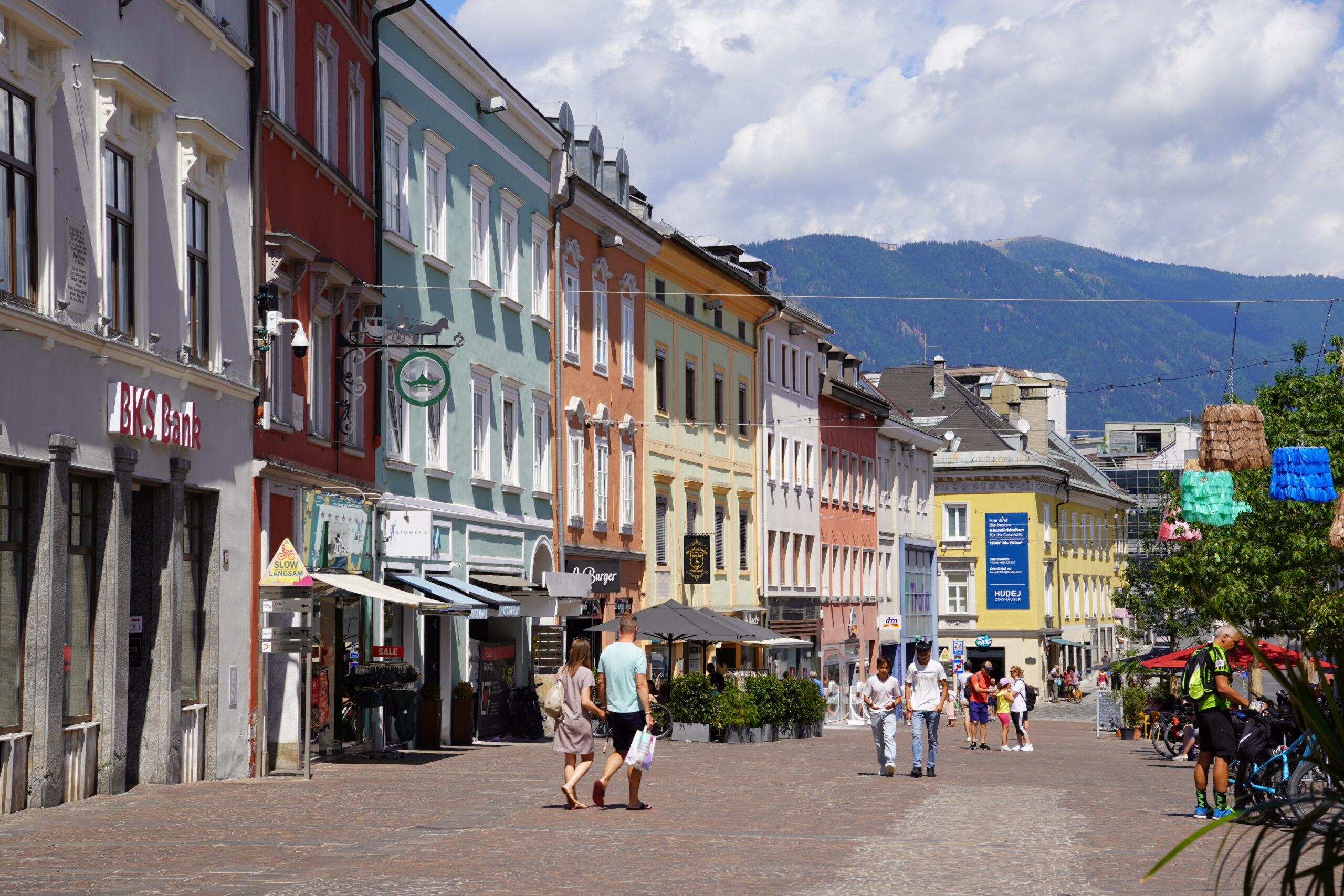As a traveler to Thailand, one of the most exciting experiences you can have is an encounter with elephants. These magnificent creatures have a deep cultural significance in Thai history and are revered by many. However, not all elephant experiences are created equal, and it’s important to be mindful of the impact we have on these animals’ lives. That’s why we were excited to visit Elephant Freedom Village, an ethical elephant sanctuary in Chiang Mai. Located in the lush forests of northern Thailand, Elephant Freedom Village is a sanctuary for elephants who have been rescued from tourism industries. These animals have often endured a lifetime of hardship and abuse, and the sanctuary provides a safe and loving environment where they can live out their lives in peace and dignity.


About Elephant Freedom Village
Elephant Freedom Village is run by a family of 5 from the Karen tribe, who’s goal is to spread accurate knowledge about elephant and Karen Culture. The Karen have a long tradition of elephant keeping and the grey giants are regarded as family members. This was the case even before the migration of the Karen people from Burma into the North of Thailand nearly 600 years ago. Elephant Freedom Village was created in an effort to undo some of the damage humans have done to elephants over time, and to return them to the forest where they belong.
Elephants are taken good care of and are able to live a healthy life in the village. Living completely free is unfortunately not possible anymore with the many poachers and tour-operators that want to use the elephants for their own gain. Elephants Freedom Village has therefore bought a big piece of forest where the elephants can roam freely without being in danger. The elephants spend 90% of their time in the forest and 10% of their time (at night) in a sheltered paddock with fresh piles of food to graze from.

Booking process
Something we really liked up front about the process of booking the start of our experience was the communication. While Elephant Freedom Village is run by the Karen people, they get help from Mel, who is a native English speaker. She helped create Elephant Freedom Village together with Non (the owner) using her background in veterinary medicine and behaviour. She also teaches the Karen people English to help them in explaining their culture to visitors.
Needless to say, the communication was very good. We were always kept up to date, and knew what to expect (We were asked about our dietary restrictions, got a confirmation of our booking and a reminder, and when traffic was bad, Mel sent us an email informing us that they would be 10 minutes late, etc..). Mel and Chai-lek (the younger brother of Non) picked us up at our hotel at 7:40. They immediately made us feel at ease, and there was a great atmosphere as Mel gave us context about the many hill tribes that live in the region and the differences between the Lanna culture and Karen culture. She also talked about the other elephant sanctuaries that we passed, and how we could recognize ethical from non-ethical sanctuaries.


💡Did you know this? During our drive we passed a few shrines on the side of the road. The first time we passed one of these shrines we jumped, because our driver honked. Mel then explained that honking at shrines is a sign of paying respect and thought to bring good luck in Thai culture.
Our experience with the tour
After a 1.5h drive through the lush forests of Chiang Mai, we arrived at Elephant Freedom Village. We were greeted by Non, who is the heart and soul of EFV and has been working professionally working with elephants since he was 15 years old. He was very knowledgable about the history of elephants in Thailand and their significance in the Karen culture. He told us about his life story and how EFV was ultimately created based on the philosophy that elephants should be free to roam, forage, and socialize with other elephants as they would in the wild. The staff works to ensure that the elephants are never exploited or subjected to harmful practices such as riding and performing or the usage of hooks and chains. Group sizes are also kept small, as to not overwhelm the elephants. We were the only two people in our group, so we had a beautiful, intimate experience with the elephants.
Our first introduction with the elephants felt very safe, as being close to these massive creatures can be scary. We started feeding the “baby” elephant, who was freely wandering around. After we we’re used to a trunk grabbing bananas from our hands we went to the other elephants who were behind a wooden fence, so they could come up to us if they liked, but they could also leave whenever they wanted. The animals looked healthy and happy, and it was clear that they were well-cared for. After the feeding we went on a walk with the elephants (at the elephants pace) to the river, where we helped wash them.

💡Did you know this? Elephants eat between 149 and 169 kg (330-375 lb.) of vegetation daily. It is a full-time job to keep these magnificent creatures full and satisfied.
During our visit, we had the opportunity to observe the elephants up close and learn more about their individual personalities and histories. It was fantastic to see how the elephants interacted with each other, and with nature (using their tusks to strip bark, throw mud on their back, use their trunk to grab leaves). Particularly, the baby elephant was very cute; he was constantly playing with Non. You can really feel the connection the owners and keepers have with these animals.

When we got back we got a delicious lunch, with fruits, rice and veggies wrapped in big bamboo leaves, and some more taste of the Karen culture. Because of our tight schedule we had opted for a half-day experience, but you can also go for a full-day Elephant tour or even an overnight stay to fully immerse yourself in the Karen culture and learn more about the elephants.

Conclusion
As our visit came to a close, we were struck by the profound impact that Elephant Freedom Village is having on these animals’ lives. The sanctuary’s commitment to ethical and sustainable practices is an inspiration, and it’s clear that they have created a safe and loving home for these elephants. If you are planning a trip to Thailand and are interested in visiting an elephant sanctuary, we highly recommend Elephant Freedom Village. Not only will you have the opportunity to interact with these incredible animals, but you’ll also be supporting an organization that is working tirelessly to promote ethical and sustainable practices in the tourism industry. It’s an experience you won’t forget. Overall we really recommend going to the Elephant Freedom Village, over other so called “sanctuaries”. However, don’t just take our word for it. We recommend everybody does their own research about what is best for these magnificent creatures.


